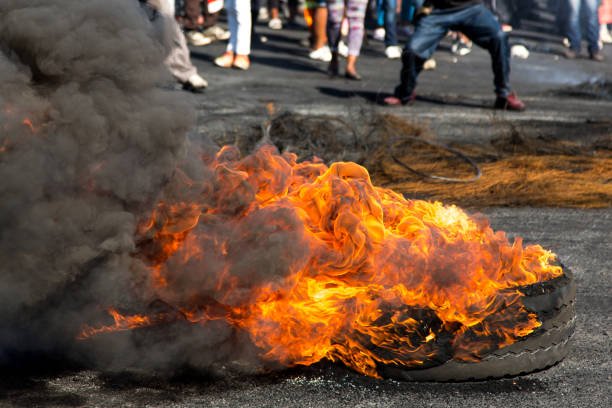Negative Social Effects of Human Rights Violation for Communities
Skip to content
Skip to footer
Negative Social Effects of Human Rights Violation for Communities
Negative Social Effects of Human Rights Violation for Communities

